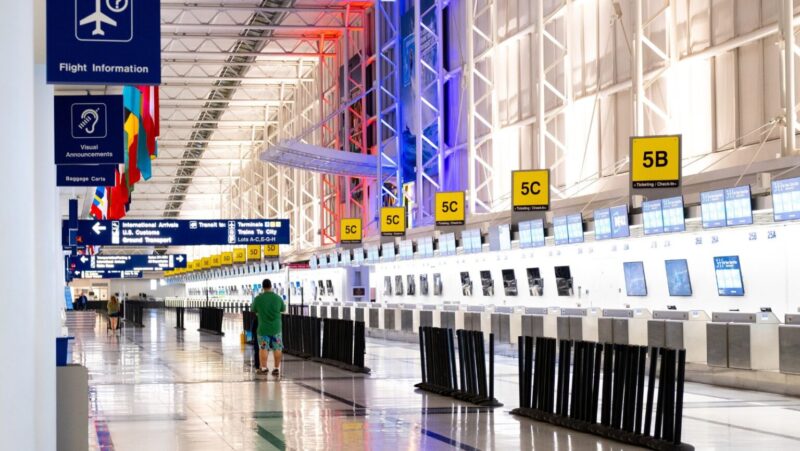
The world isn’t what it used to be; threats move faster each day, which means security can’t rely on old-school methods. When it comes to executive protection services, you know it’s not just about standing guard anymore. High-profile clients face risks that demand strategic thinking, quick reactions, and specialized skills.
Redefining Readiness: What Tactical Training Really Involves
Tactical training isn’t just firing a gun or throwing a punch; it’s shaping how you think under pressure. Close-quarters combat, situational awareness, evasive driving, and threat assessment are just the basics. But the real value is in training your mind to make split-second decisions that could mean the difference between safety and disaster.

For executive protection professionals, this level of training is non-negotiable. You’re not just reacting – you’re staying three steps ahead. A well-trained team doesn’t just follow protocols; they read environments, predict vulnerabilities, and act before a threat fully materializes.
Bridging the Gap Between Military Rigor and Civilian Security Needs
Military units operate under extreme pressure, and their training reflects that. But executive protection services aren’t battlefield ops – they require a different kind of precision. Many top-tier executive protection services recruit from special forces or law enforcement because these professionals already have the instincts and discipline needed for high-stakes security. Still, the key is refining for corporate boardrooms, international travel, and urban environments where discretion is just as important as force.
Enhancing Executive Protection Services Through Tactical Precision
- Situational Planning: You don’t wait for a threat to emerge. You map out escape routes, assess crowd behavior, and identify potential risks before they happen.
- Team Coordination: A well-trained team communicates without words. Hand signals, positioning, and role clarity keep operations smooth even in chaos.
- Response Under Duress: Panic gets people hurt. Tactical training teaches you to stay calm, think clearly, and act decisively when seconds count.
High-profile clients don’t just want security, they want confidence. They need to know their protection team can handle anything, from a paparazzi swarm to an active shooter. Tactical training ensures you deliver that level of reliability.
Training as a Standard, Not an Option: The Future of Protection Services
The security industry is changing. Clients expect more, and firms that don’t prioritize tactical training will fall behind. Forward-thinking companies, like Aspis Protection Service LLC, set the bar by requiring advanced tactical competencies for all operatives.

For executive protection services, this isn’t just about staying competitive, it’s about survival. The best firms don’t just meet standards; they define them. And in a world where threats evolve daily, continuous training isn’t optional – it’s essential.
Conclusion
Modern security means having a smart and strategic defense. Tactical training sharpens instincts, refines reactions, and builds the kind of confidence that deters threats before they even form. If you’re in executive protection services, the message is clear: The old ways won’t cut it anymore. Clients need professionals who train relentlessly, adapt instantly, and perform flawlessly under pressure. After all, in security, preparation isn’t just a step; it’s the foundation. Aspis Protection Service LLC lives by this principle. They bring decades of military, law enforcement, and private security experience to every mission. Because when it comes to protection, there’s no room for shortcuts, only excellence.







